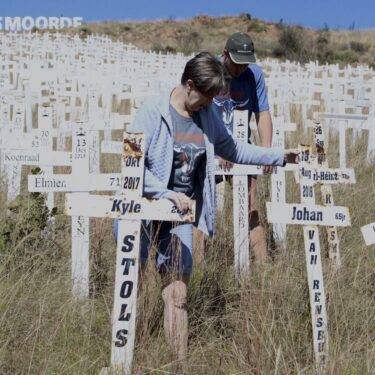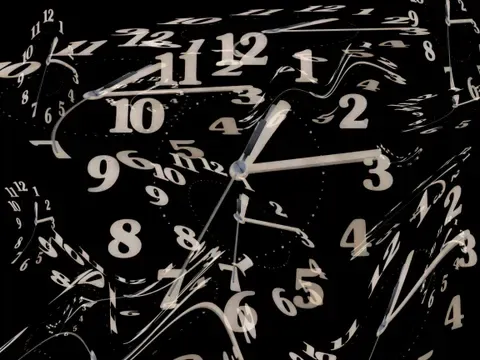For the first time ever, high school students will have the opportunity to take an Advanced Placement course in African American Studies.
The College Board introduced the pilot program earlier this year and will be implemented in 60 schools across the country for its inaugural run. However, it is unclear in which states the 60 schools are located.
Though students won’t be able to receive college credit for the course this year, the College Board plans to offer the course to all interested high schools for college credit during the 2024-25 school year.
The class will be interdisciplinary, meaning students won’t just learn history but also geography, literature, art, music, politics and film to provide a comprehensive view of the African American experience.
For some, like Florida State University Schools teacher Marlon Williams-Clark, that means posing questions like “What does it mean to be Black?” to his class, which consists of mainly Black and brown students.
The exercise “40 million ways to be Black” became an impassioned discussion with his students, culminating in a piece by renowned scholar Henry Louis Gates Jr. that declared there is no one way to be Black.
For others, like Texas high school teacher Nelva Williamson, the program means the opportunity to delve deeper into the eras of Reconstruction and the Harlem Renaissance.
“In Texas, the Reconstruction Era is kind of skipped over and it’s looked at through the lens of being a failure,” Williamson said. “But in my own study of Reconstruction, political strength came out of that era of time for African Americans, taking agency over not only their bodies but what they were going to do, and the development of Black towns here in Texas, Oklahoma and Louisiana. I’m really looking forward to teaching that to give it a different spin from what our students have been told about it.”
Williamson, who has been teaching for more than four decades, said she wants the course to show that while the history of Black America isn’t always easy to hear, there was an “ascension” over the horrible things that happened, and it often came in the form of art.
“I really hope [students] are able to take away a deeper understanding of the whole breadth of history that African Americans played in the central part in the development of this country,” she said. “There’s harsh histories, their enslavement is something that really happened. But there is also these other things: people were enslaved or brought here forcefully, and then created a whole wonderful American culture.”
Williams-Clark said the addition of this course was a long time coming. Schools have consistently offered AP European History and AP World History, but adding AP African American Studies gave a level of “confirmation and legitimacy” to the subject, he said.
“The right time [for this class] was when Black students were first allowed to go to school, so this is well overdue,” said Williams-Clark. “I appreciate a course like this coming into existence to give students a chance to really interact with information that many adults will tell you they never knew, because it wasn’t part of the mainstream curriculum.”
And students have jumped at the chance to take the course.




